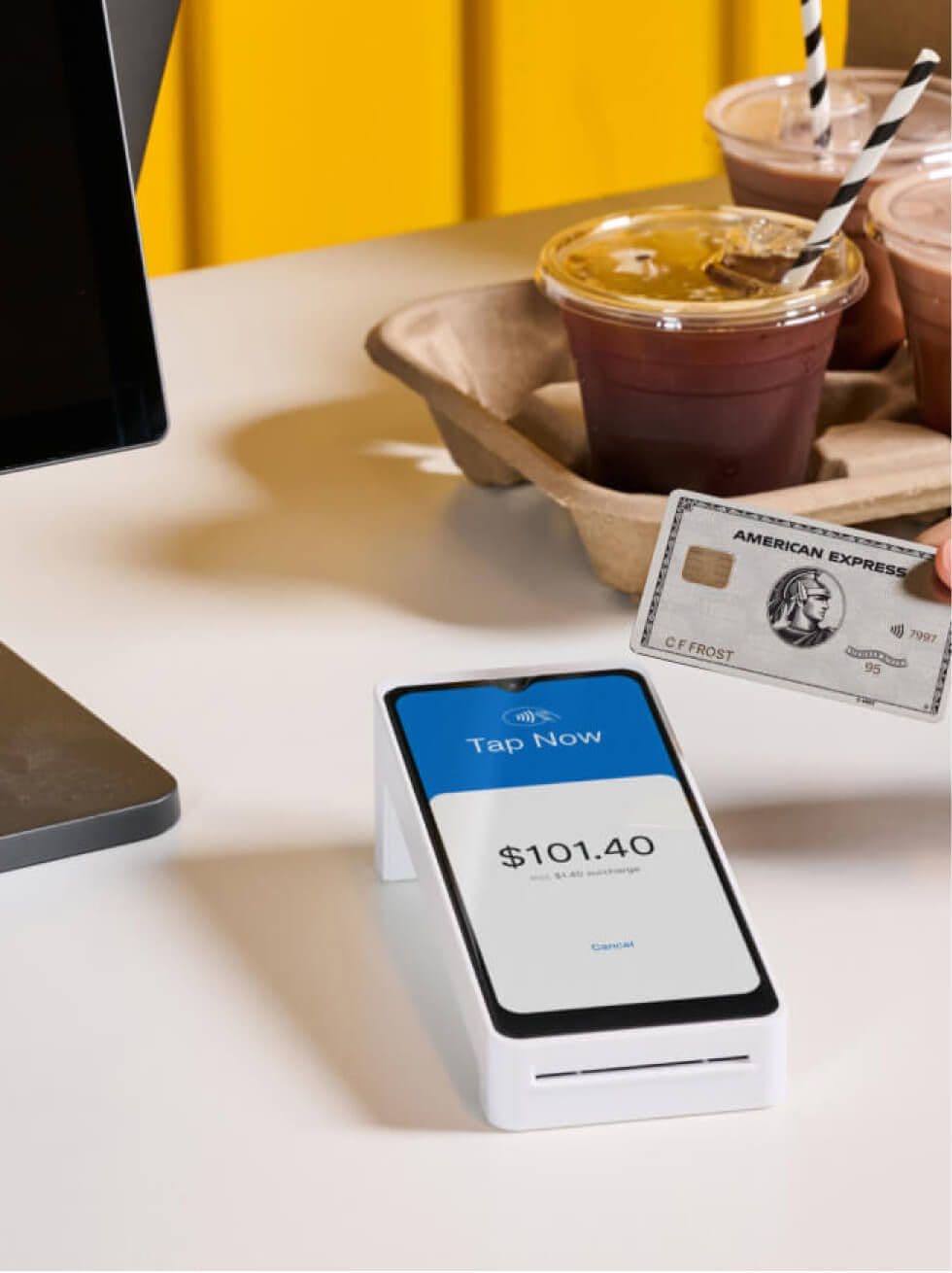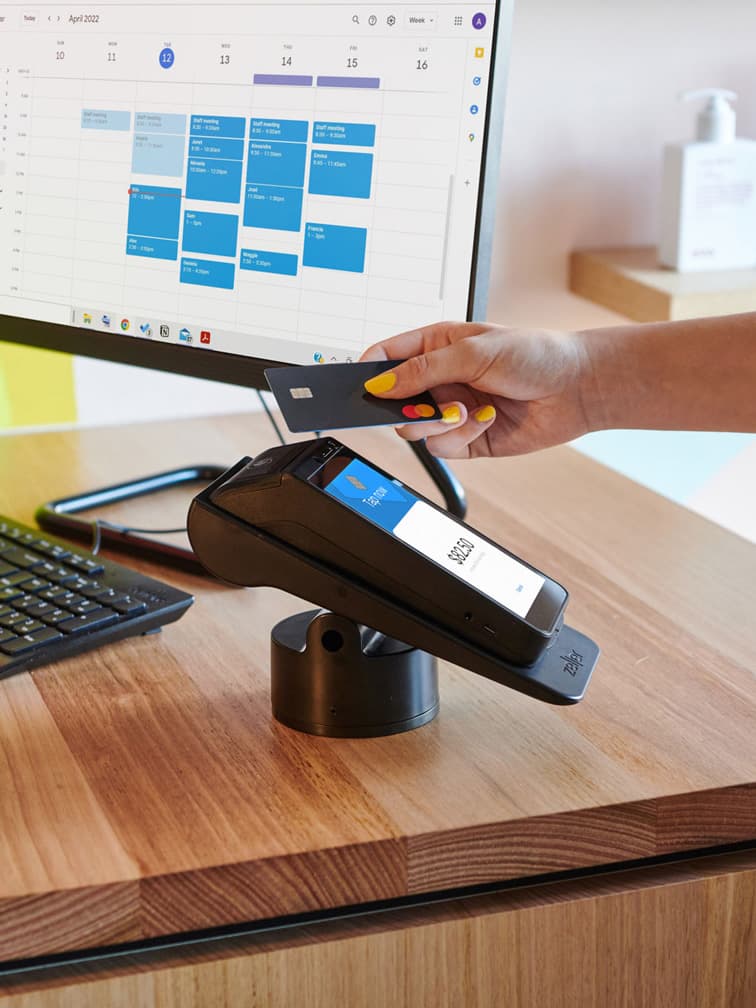
- Business Growth & Optimisation
Tax Time Planning for New Business Owners
Top tips to prepare for EOFY and get your business ready for the next.
The first tax season for your business is an important milestone. For new entrepreneurs, getting familiar with financials and organising records ahead of the reporting deadlines laid out by the Australian Taxation Office can seem a daunting task. Yet staying ahead of these requirements will not only ensure that your business is taxed correctly, it will also help save the most precious resource of all: time.
Putting the right processes in place from your first year of operations will set you in good stead for years to come. Keep reading to discover practical tips to get your finances in order ahead of June 30.
Understand the rules for your business structure
Tax rules vary depending on the structure of your business. Business owners should familiarise themselves with the entitlements and obligations for lodging returns and claiming deductions that apply to their own specific structure.
For example, running home-based businesses will have different deduction rules depending on how the business is structured. If you operate as a sole trader or through a partnership, you may be able to claim a share of the occupancy expenses that relate to your business, such as mortgage interest or rent, rates, land taxes and insurance premiums. To do this, you must be able to pass the interest deductibility test, which means it must be clearly identifiable as a place of business, not suitable for private or domestic purposes, be used exclusively for carrying on your business, and is used regularly for visits by your clients.
Running a home-based business as a company or trust, your business should have a genuine, market-rate rental agreement with the owner of the property, which will determine which expenses the business pays for and can claim as a deduction.
Consult with your accountant to understand the full implications of your business structure on your tax obligations.
Do your background research
While understanding taxes and the financial implications of your business can be overwhelming at first, there are plenty of useful resources from the Australian Taxation Office (ATO) to help you better understand your tax obligations and become more comfortable as tax season rolls around each year. Set aside some time to boost your taxation literacy by checking them out.
Tax inVoice podcast
Tax inVoice, the official podcast of the ATO, aims to make tax as easy to understand as possible. In each episode, industry experts sit down with ATO staff to ask questions about the latest tax and super information, and provide useful insight to help you meet your obligations. The podcast is available on Spotify.atoTV Business Channel
If you find it easier to learn via video, the atoTV features explainer videos that explain how the tax rules work, and how to make sure you meet your tax obligations.ATO Small business webinars
These live webinars, run regularly by the ATO, cover a range of topics — from how to run a home-based business to claiming business deductions. Presented by experienced tax officers in real-time, you can join in the conversation and ask questions to help you apply the information to your situation.Small Business Newsroom
Keep abreast of the latest tax news and deadlines with a handy wrapup of important business-related articles, delivered straight to your inbox.
Use the available tools
Gone are the days of paper ledgers. Business owners today have a raft of sophisticated yet simple-to-use technology tools that take the pain out of getting organised for the tax season. Not only will this speed up the process, but if set up properly, it will minimise the risk of errors, and make it easy for your accountant to maximise your deductions. Useful tools include:
ATO app
The official ATO app allows individual taxpayers, small business owners and self-managed super fund trustees to access all the relevant tax, superannuation information and tools in one place. This includes a range of tax and superannuation calculators, the ability to search ABNs, and business performance tools to allow you to compare your business against similar businesses in your industry.MyDeductions
A feature of the ATO app, MyDeductions is ideal for sole traders with simple affairs to record tax-related information, such as business income and expenses. The app allows you to upload these at tax time or email a copy to your tax agent.Zeller Dashboard
Download a list of all transactions processed through Zeller Terminal, and settlements made from settlements made to your Zeller Transaction Account or any external third party bank account, for easy reconciliation against your other financial records.
Know what you can (and can’t) claim
Expenses that are directly related to earning income can be claimed as tax deductions. That said, the ATO has strict rules about what can and can't be claimed, depending on your industry and the nature of your business. There is a detailed list of goods and services you can claim on the ATO website.
Businesses that require physical contact with customers, such as hospitality businesses, retail merchants, salon owners and trades, may also be able to claim expenses associated with meeting COVID-19 safety requirements. This includes hand sanitiser, sneeze or cough guards, personal protective equipment (PPE) and cleaning supplies.
If in doubt about whether it is a legitimate deduction, check with your tax agent. A wrongful claim can trigger an ATO investigation, which can be both stressful and time consuming.
Write off bad debt
Sometimes things don’t go to plan, and you can end up with money owing. If someone owes you money, you may be able to claim a tax deduction for bad debt.
Writing off a bad debt is only allowable if you account for your accessible income on an accruals basis — that is, if you record the sale at the time of transaction, rather than when the payment is made into your account. Bad debt needs to be claimed in the year in which the debt is written off, so make sure to identify any bad debt well before the end of the financial year.
Use the instant asset write-off
In 2020, the Temporary Full Expensing scheme was introduced. This allows businesses with a turnover of less than $5 billion to immediately deduct the cost of eligible purchases between 6 October 2020 and 30 June 2023. This means that eligible assets purchased during this period can be claimed as an upfront tax deduction, rather than depreciating over a number of years.
Eligible purchases may include:
fixtures and fittings (such as shop or café fit-outs)
technology, such as laptops, computers, EFTPOS systems and security equipment
tools, plant and equipment
office furniture
motor vehicles such as utes, delivery vans and most cars (excluding cars costing over $59,136)
motor bikes
Make sure to check with your tax accountant to confirm the eligibility of your purchases to make the most of this scheme.
Keep your tax records for five years
Legally, businesses are required to keep tax records for a minimum of five years. This means you must keep all receipts, proof of income, calculations, nominations and other records which support the contents of your tax return for five years after lodgement.
For businesses operating under a company structure, the Corporations Act requires financial records to be retained for seven years.
As a new business owner, it is important to become familiar with Australian tax laws and how to apply them to your own business. Improving your literacy around tax and superannuation can help you save both money and time. The ATO has a range of resources available to help you understand your obligations and ensure you are meeting your compliance requirements. In addition, an experienced accountant or tax lawyer can provide assistance and advice.
Familiarising yourself with the relevant laws and regulations will help you ensure that your business is operating effectively and efficiently into the future.
To fully prepare your business for the end of the financial year, schedule time to speak with your accountant or financial advisor. Please note this article is for educational purposes only and does not constitute advice.

Take control of your payments
Zeller is an all-in-one solution to help you get paid, and put your takings to work, faster.



